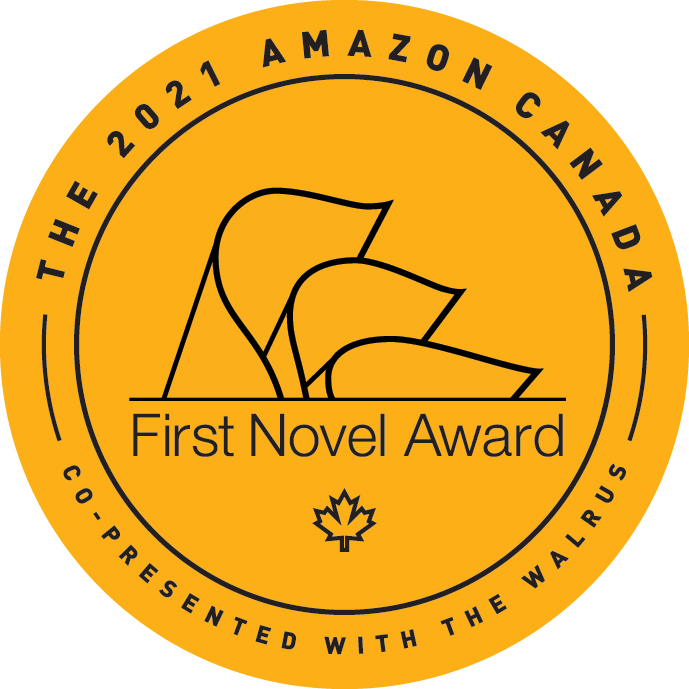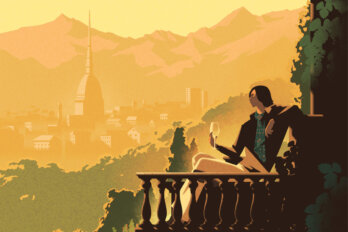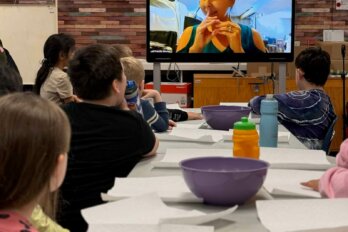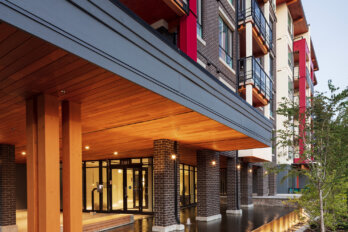July 19, 2012
I woke up in the morning and began my usual routine: counting my coins in the jar, going to the refrigerator and eating mohallae, which my mom often used to make. I was very careful not to wake my younger brother. I knew that, if I turned on the TV to watch my favourite show, Shaun the Sheep, he would want to watch Tom and Jerry. Suddenly, the phone rang, and my dad answered. He started saying strange and terrifying words. I asked him, “What is going on?” No response. He hung up the phone and began calling my mom loudly. He said that his brother, whose home was only a few blocks away, had just called and told him, “They are attacking the houses, killing the families, children, women, and men—everyone. I left the house and so should you!”
We started to hear people screaming in the streets: “Leave your houses,” “They are coming,” “They are close,” “All men, get blades,” “Protect your family,” and “Don’t be like a sheep hiding in your houses.” We quickly called our neighbours and informed them of the situation. My dad took my two younger siblings, and my mom carried my youngest sibling, a boy she had delivered just ten days prior. We left the house and began running among other people; it was chaos. People were fleeing unrevealed demons toward an unknown future. I remember running in the streets, not knowing who we were escaping from, where we were heading, or whether we would reach salvation. Those running with us were all heading the same way. Terror filled our hearts. It was a chain reaction of panic. We ended up in a street where men and boys stood in front of their houses holding knives. One of the men approached my dad. “Oh, Abu Hanen,” he called, waving us over. “You and your family can stay with us.”
We never saw those first ones who caused us to lose our home. It was unclear if they were real at all, but it was clear that I felt them. I felt them destroying, arresting, robbing, killing, and slowly and brutally grinding down every soul in Syria. I came to understand that those who guarded their homes with weapons were simply protecting their families, much like the crowds who left their homes. All men, plus the older and more capable boys, had held a weapon. They had stood, filling the streets: I heard a story that they blocked both ends of the road with vehicles and set their tires on fire. From the safety of this man’s home, where we had been welcomed, we went to the rooftop to look back at our home and acquaint ourselves with the ongoing fire. What we saw was only dark smoke rising from our hearts into the night sky. All of the birds had disappeared. Everything I witnessed that day seemed beyond belief. I did not believe it, and I still do not. But it changed me forever. It was the initial event of a lost childhood. New Haneen.
We never went home after that day. We started moving from one town to another. Eventually, we moved to my grandparent’s house, in the province of Daraa. The free army controlled Daraa. It was difficult to enter, especially for my dad. On our way, Assad’s military stopped us at a checkpoint and ordered us to step out of the car. Unshaven, unsmiling young men holding murderous but legal hunks of metal. They searched our car with their calloused hands. Then they took my dad, pushed his head down, and folded his hands behind his back. They dragged him into a small room made from stacked sandbags and a tin roof. Only a few minutes passed, but it felt like a year. I told myself that my dad was gone and I would never see him again. Then they let him go. None of my family spoke, including my dad, when we got back in the car. I was later told that they had interrogated him about two of his brothers, who left their jobs and escaped to Jordan.
My dad’s parents were also in Jordan. We arrived at their empty house, in Daraa. Two days later, my other uncle, Bassam, and his family followed us. In a matter of weeks, my interests, hobbies, imagination, and even thoughts all changed. Before, I cared about getting ten out of ten on my tests, earning awards from my teachers, making sure to not forget my gym strip, and crying for my mom to buy me the toy I wanted. Now, I was trying to sneak out at night to go and protest with the rebellion. I wanted revenge. Anger and hatred filled my heart, against the demons who were killing children and women with no mercy. The stories I heard were terrifying. I just wanted to do something, to feel satisfied.
Around this time, my mom and I went to visit a friend from our town. I left my mom sitting with her friend and wandered the house. In one room, I saw a gun in the corner. Without thinking, I held it in my hands. It was so big and heavy, and I felt so satisfied, even proud of myself, as if holding this gun had increased my self-worth. This metal that sat so heavy in my palm felt like an embodiment of human lives. I kept wondering how a nine-year-old could feel happy about holding a gun. Being dead was the last thing I cared about. I desired it. All my definitions of life, childhood, innocence, and peace had changed. I had become someone else, a product of war. Meanwhile, Assad’s army trapped the province of Daraa, cutting off the food, the water, the electricity, everything.
At midnight, we were notified that the army would be attacking with artillery in the morning. My dad suggested that we flee to the Zaatari camp, in Jordan. I remember my mom disagreeing with the idea. She suggested we go to her parents’ home, in a different area of Daraa, and hide with them. She did not want to go to a camp. But I loved my dad’s idea. I remember pleading with my mom to please, please let us go. I was eager for adventure and danger. I didn’t know what a camp meant or what it was like to live in one. Eventually, my dad convinced my mom to leave. It would not be for more than two months, he told her. We decided to flee to Jordan at sunrise, along with my uncle Omar and his family.
We packed up some of our things, just one or two small bags. When there is war in your country, you should pack light. It will make your journey easier. Fleeing to Zaatari was dangerous and prolonged, which was exactly what I craved. We got into a car with other families to go to our first destination, a city in Daraa called Alteba, where smugglers help people flee to Jordan. The whole way, I was looking from the car window to observe the big fancy buildings flattened on the ground, the children on top of disabled artilleries, the walls punched with holes. The last memory I had from my town was when my friend, a sixteen-year-old neighbourhood boy I did not like, teased me, as always, and said goodbye. He was a soldier and was later killed by Assad’s military. I wished to be fighting alongside him even though I knew he would end up dead. I even envied him. My thoughts were occupied by hatred. It became my childhood dream to fight alongside the rebels.
On our way to Alteba, we were told that the military was bombing the city. So we had to move to Nassib first. We arrived in Nassib, but the road to Zaatari was not safe, so the families in Nassib took us into their homes. All people were alongside one another, sharing pain, joy, food, water, and clothes. There were five or six families in a house, four or more children sleeping in the same room, eating from the same plates, and sharing the same toys. I woke up at night to use the washroom and children groaned as I stepped on them in the darkness. The children we were travelling with formed a group. I was the leader. The games I used to play had changed. I used the statement “I will kill you” quite a lot, for any kid who did not listen to me or got too close to my siblings. I would go to the men’s room and eavesdrop on their conversations as a way of feeling fulfilled.
We stayed in Nassib for two days. Then we began on the road to Zaatari. It was night, and hundreds of people, including men, women, children, the elderly, and the smugglers, gathered to flee. I remember only four things from the road: First, before we started walking, they gave my newborn brother sleeping pills so he would not cry and get us all killed. Second, they told my dad to change his light T-shirt for a dark one so our group would not be noticed. Third, when we were walking in the middle of nowhere, they told us to squat because Assad’s army, a few kilometres away from us, was shooting. And my final childhood memory was sleeping in my dad’s lap, feeling his warmth while waiting for the bus to arrive at the camp. This last one I’m not so sure about, though. I wonder if it is something I imagined and then convinced myself to believe. I can never be certain whether this moment of peace really occurred or I simply wished for a final moment of innocence under my dad’s guardianship.
War steals childhoods. It creates adults in children’s bodies. A child who has been through war will have different goals, interests, feelings. Struggles with identity are effects of war. If the child is able to overcome the struggle, it can create a sense of maturity, even wisdom. I always feel I am older than my peers. In all my false childhood, I hated when people would call me a child. I would get so angry, as if it were a shame. The refugee camp did not return my childhood to me. And, as the years passed there, it started stealing more essential things. This is the damage of war that can never be undone.





